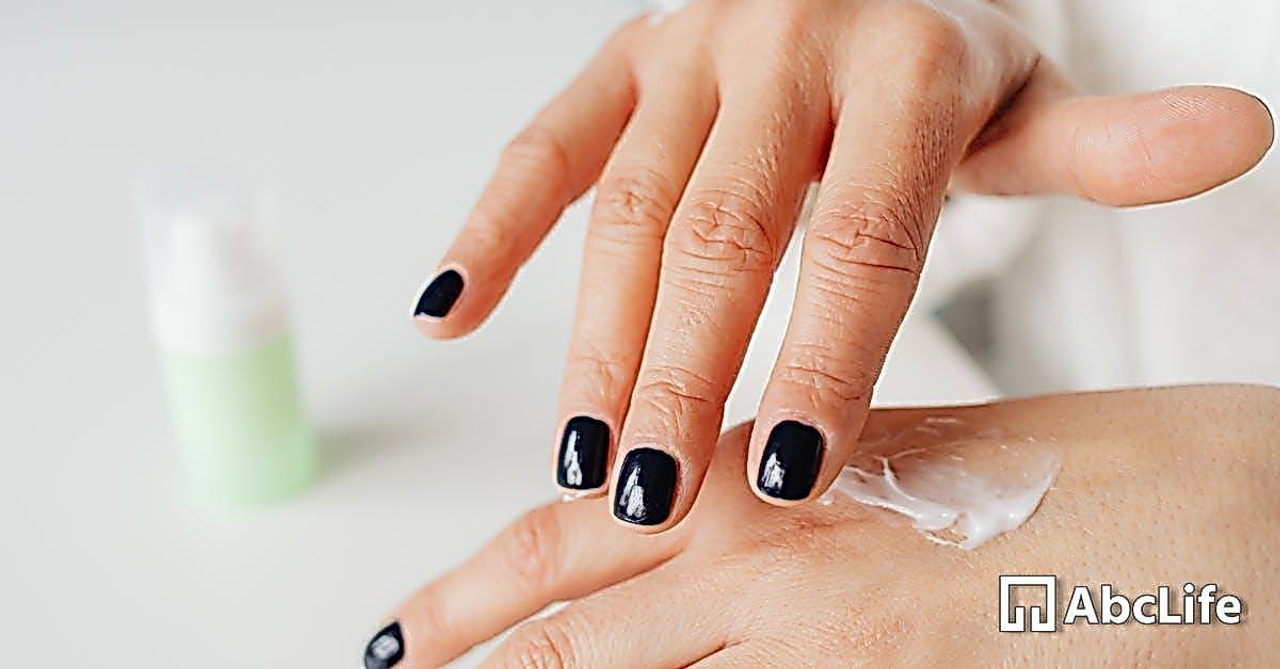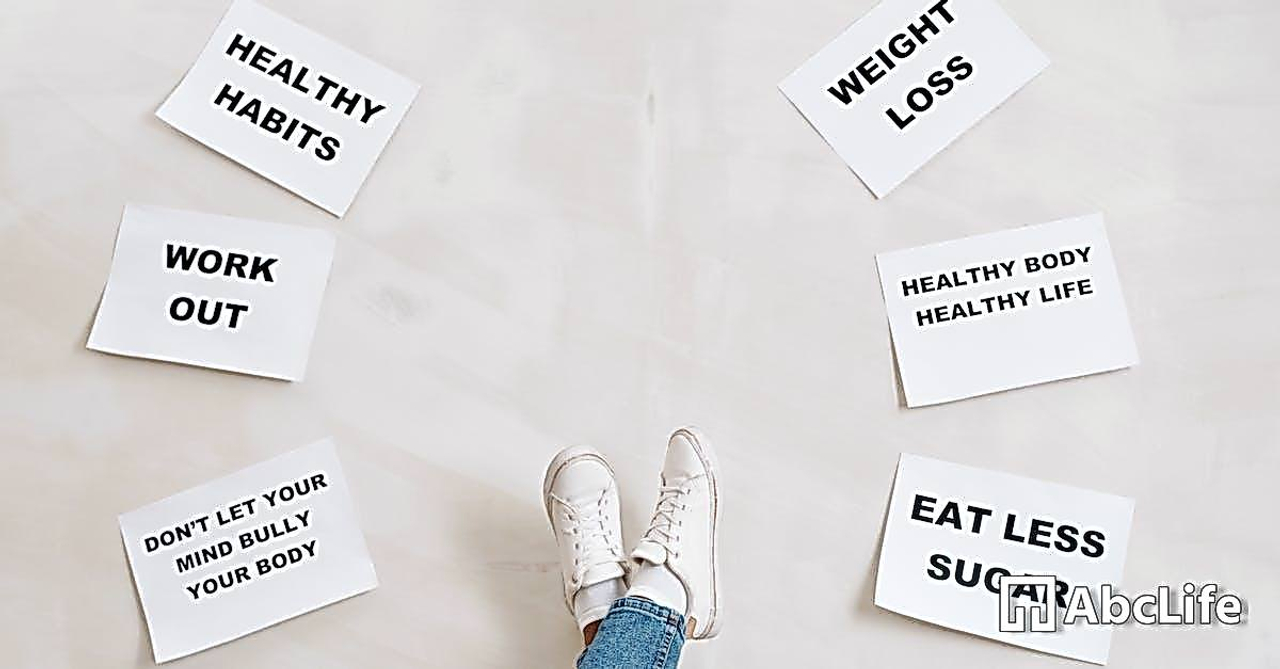A fulfilling and happy life is something that we all strive for. However, in our hectic daily routine, it is easy to lose sight of our objectives and become consumed by stress and anxiety. As a result, we've compiled a list of seven life tips to help you find fulfillment and happiness in all aspects of your life. From maintaining your physical and mental health to cultivating meaningful relationships, these suggestions cover a variety of topics that contribute to your overall well-being. You can live a more balanced, fulfilling, and happy life by incorporating these life tips into your daily routine. So, without further ado, here are the 7 Life Tips for a More Fulfilling and Happy Life.
Focusing on Self-Care

Self-care is frequently regarded as a luxury in our fast-paced lives, but it is an essential component of living a fulfilling and happy life. Self-care is not selfish or self-indulgent; rather, it is essential for maintaining optimal physical, mental, and emotional well-being.
Self-care can be accomplished in a variety of ways, including getting enough sleep, eating well, exercising regularly, practicing mindfulness, and taking breaks as needed. Prioritizing self-care helps reduce stress and anxiety, improves mood and energy levels, strengthens relationships, and boosts productivity.
Keep in mind that self-care isn't an all-or-nothing proposition. Small acts of self-care can have a big impact on your overall health. So, make it a habit to prioritize self-care and take the necessary steps toward a more fulfilling and happy life.
Cultivating Healthy Habits

Developing healthy habits is one of the best ways to live a fulfilling and happy life. This entails making deliberate choices about what you eat, how much you exercise, and what you do to care for your mental health. You can improve your overall well-being and energy levels by developing healthy habits. Here are some suggestions for developing healthy habits:
Eat a Balanced Diet
Eating a well-balanced diet is critical for good health. This means eating plenty of fruits and vegetables, whole grains, lean protein, and healthy fats. Reduce your consumption of processed foods, sugary beverages, and saturated and trans fats. Stay hydrated by drinking plenty of water.
Get Plenty of Exercise
Exercise on a regular basis is essential for staying healthy and fit. On most days of the week, aim for at least 30 minutes of moderate-intensity exercise. Brisk walking, jogging, cycling, and swimming are examples of such activities. Strength training exercises can also help you build muscle and improve your metabolism.
Practice Good Sleep Habits
Sleeping enough is critical for overall health and well-being. Aim for at least 7-8 hours of sleep per night. Establish a consistent sleep schedule and avoid screens and stimulating activities before bedtime. Make an effort to create a peaceful and distraction-free sleeping environment.
Take Care of Your Mental Health
Physical and mental health are equally important. Make time to do things that bring you joy and happiness. Reduce stress and improve your mood by practicing mindfulness and meditation. Connect with friends and family who care about your well-being.
Reduce Screen Time
Limit the amount of time you spend each day in front of screens, including TV, computers, and mobile devices. Excessive screen time can result in poor sleep, eye strain, and other health issues. Choose other activities such as reading, exercising, or spending time outside.
Stay Hygienic and Clean
Personal hygiene can aid in the prevention of infection and illness. Handwash frequently, cover your mouth when coughing or sneezing, and avoid sharing personal items such as toothbrushes or towels. Keep your living space clean and clutter-free.
Stay Positive and Practice Gratitude
A positive attitude can help you improve your overall well-being. Practice gratitude and concentrate on the good things in your life. Surround yourself with people who are encouraging and motivating you to live your best life.
You can improve your overall health and well-being and live a more fulfilling and happy life by cultivating healthy habits. Keep in mind that small changes can have a big impact over time.
Balancing Work and Life
Many people struggle to balance work and life. Work demands frequently spill over into personal time, leaving people stressed and overwhelmed. However, balancing work and life is critical for overall happiness and well-being.
Setting boundaries is one way to achieve a better work-life balance. This entails drawing clear distinctions between work and personal time. Turn off work emails or notifications, for example, after a certain time of day or on weekends. This allows people to focus on personal activities and relationships without being distracted by work.
Another way to strike a balance between work and life is to prioritize self-care. This includes making time for activities that promote relaxation and wellness, such as exercise, meditation, or hobbies.
Finally, seeking help is essential for balancing work and life. This could include asking coworkers for assistance with work-related tasks or seeking stress management counseling. Individuals can achieve a fulfilling and happy life that balances work and personal time by prioritizing boundaries, self-care, and support.
Maintaining Meaningful Relationships
Humans are social beings who thrive on meaningful connections with others. Having strong and healthy relationships can bring us a lot of happiness and make our lives more fulfilling. Building and maintaining meaningful relationships, on the other hand, can be difficult, especially in today's fast-paced and hectic world. Here are some pointers for developing and maintaining meaningful relationships:
1. Prioritize Communication
When it comes to building and maintaining relationships, communication is essential. Make an effort to communicate with your loved ones on a regular and open basis. Listen to their concerns, share your own, and be willing to compromise and collaborate to resolve conflicts.
2. Show Empathy
The ability to understand and share the feelings of others is referred to as empathy. It is a necessary component of healthy relationships. Empathy allows you to connect with others, build trust, and support them through difficult times.
3. Build Trust
The foundation of any relationship is trust. It is impossible to form a deep and meaningful connection without trust. To build and maintain trust with those around you, be dependable, honest, and consistent in your words and actions.
4. Make Time for Your Relationships
Meaningful relationships take time and effort to develop. Make quality time with your loved ones a priority, whether that means scheduling weekly phone calls or planning a weekend getaway together.
5. Practice Forgiveness
No relationship is perfect, and disagreements will arise from time to time. It is critical to learn to forgive and move on in order to maintain healthy relationships. Be willing to apologize when you're wrong and to forgive those who have wronged you.
6. Celebrate Each Other's Successes
We all crave approval and recognition from others. Take the time to recognize and celebrate your loved ones' accomplishments, whether it's a job promotion or a personal achievement.
7. Be Present in Your Relationships
It's easy to become distracted and lose sight of what's truly important in today's digital age. Put away your phone and make an effort to be present in your relationships by actively engaging in conversation and truly listening to what your loved ones have to say.
You can build and maintain meaningful relationships that bring you joy, fulfillment, and happiness by prioritizing communication, empathy, trust, time, forgiveness, celebration, and presence.
Practicing Mindfulness and Gratitude
Mindfulness and gratitude are two powerful practices that can help us live a more fulfilling and happy life. Mindfulness is the act of being fully engaged with one's thoughts and surroundings in the present moment. It entails focusing on the present moment without worrying about the past or the future, and accepting things as they are. We can manage stress and anxiety, improve our relationships, and increase our overall happiness by practicing mindfulness.
Gratitude, on the other hand, is the act of appreciating what we have and acknowledging the good things that come our way. We become more appreciative of the little things in life and experience more positive emotions such as joy and contentment when we cultivate a habit of gratitude. Gratitude has been shown in studies to improve our physical health, increase our resilience, and reduce symptoms of depression. We can become more aware of our surroundings and develop a sense of appreciation for the present moment by combining mindfulness and gratitude.
Setting and Pursuing Personal Goals
Personal goals must be set and pursued in order to live a fulfilling and happy life. When you have a goal in mind, it gives you a sense of purpose and direction. You can direct your energy toward something that is truly important to you, and when you achieve it, you will feel a great sense of accomplishment.
To set effective personal goals, you must be specific about what you want to achieve. Instead of a broad goal like "lose weight," be specific about how much weight you want to lose and when you want to lose it. This will give you a clear goal to strive for and will keep you motivated.
It is also critical to set realistic goals. While it's great to have big dreams, setting unrealistic goals can lead to disappointment and frustration. Break down larger goals into smaller, more manageable steps that will assist you in reaching your ultimate goal.
- What are the top seven life tips for living a more fulfilling and happy life?Prioritize your physical health and well-being, practice gratitude daily, cultivate positive relationships, define and pursue your life's purpose, embrace your passions and creativity, continuously learn and grow, and give back to the community are the seven life tips for a more fulfilling and happy life.
- How can I put my physical health and well-being first?Get enough sleep, eat a balanced and nutritious diet, stay physically active, and manage your stress levels to prioritize your physical health and well-being. Making small, long-term lifestyle changes can significantly improve your overall health and well-being.
- Why is practicing gratitude important?Practicing gratitude allows you to focus on the positive aspects of your life, which increases feelings of happiness and contentment while decreasing stress and anxiety. You can cultivate a sense of abundance and joy in your life by acknowledging and appreciating what you have.
- How can I cultivate positive relationships?Positive relationships can be fostered by being present and attentive, communicating openly and honestly, demonstrating kindness and empathy, and prioritizing quality time with loved ones. Building strong, meaningful relationships can boost your overall happiness and sense of fulfillment.
- How can I define and pursue my life's purpose?By identifying your values and passions, setting meaningful goals, and taking deliberate steps toward your vision, you can define and pursue your life's purpose. A clear sense of purpose and direction can assist you in leading a more fulfilling and purposeful life.
- Why is it important to follow your dreams and be creative?Embracing your passions and creativity allows you to authentically express yourself, tap into your innate talents and strengths, and find joy and fulfillment in your endeavors. Participating in activities that bring you joy and fulfillment can improve your overall well-being and life satisfaction significantly.
- How can I continuously learn and grow?Being open to new experiences and perspectives, seeking opportunities for personal and professional development, and reflecting on your experiences to gain insights and wisdom can help you learn and grow on a continuous basis. Lifelong learning and development can greatly improve your personal and professional fulfillment.
- Why is giving back to the community important?Giving back to the community allows you to make a positive difference and contribute to something bigger than yourself, all while increasing feelings of satisfaction, purpose, and fulfillment. By assisting others, you develop empathy and compassion, as well as a more meaningful and connected life.











